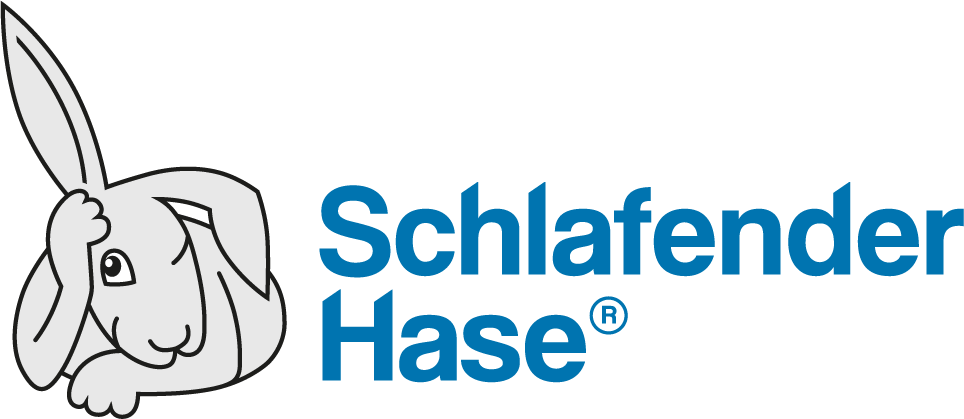Data integrity. These are two words that are not easily confused or misinterpreted. In any context, across continents, data integrity holds one meaning. That meaning lies in what the finalized document or work communicates and if this communication remains in an unaltered form over time.
Change, though philosophically defined as unavoidable, basically rocks assurance of any data integrity.
Human Error is a Leading Data Integrity Issue
Human error while recording data is a leading reason why conversions do not maintain the correct message. Even using computer systems to convert original data to different formats, therefore cutting out human imperfection, still will not guarantee perfectly replicated data.
Converted formats often:
Shift layouts
Skew fonts
Convert or replace fonts
Drop characters
Erase tables or pictures
Remove highlighting & comments
To catch these changes over formats, one must have a sharp eye. This is where the professionals come in.
Regulatory Affairs Professionals Must See All
No change must go unseen is the mantra for Regulatory Affairs (RA) professionals when proofreading pharmaceutical documents. Aware of the many changes that can happen when converting original data, RA professionals have learned over time and unfortunately, through trial and error, where issues most commonly occur. The lucky RA professionals have the use of proofreading software to help find any discrepancies or changes. However, not all proofreading software is created equal.
With the importance on maintaining data integrity, it would go without saying that proofreading software should not convert the format of the documents to perform a comparison. This, however, is not always the case. Some proofreading software convert the documents to a different format for comparison. As already mentioned, conversion results in one thing: loss of data integrity.
Unadulterated data is not a new concept for the FDA or other regulatory bodies, yet the FDA has increasingly observed CGMP violations involving data integrity during inspections.
The FDA Code of Federal Regulation 211.180 d) requires true copies or other accurate reproductions of the original records. Regulatory bodies around the world are increasingly focusing on data integrity problems throughout GMP processes, therefore utilising the right proofreading software is more crucial than ever.
How TVT Reduces Risk
Proof that data has remained in its original format when performing a comparison.
Integrated libraries for the compared documents from the document manufacturer themselves. (i.e.: MS Word libraries licensed from Microsoft.)
Here are two crucial questions you should ask:
Does your comparison or proofreading software convert text?
Does your provider use licensed libraries?
The team at Schlafender Hase understands how essential data integrity is and has designed TVT to work flawlessly without needing to alter the format of your documents. Are you looking for more on this subject? Read Why data integrity is important in pharma.






